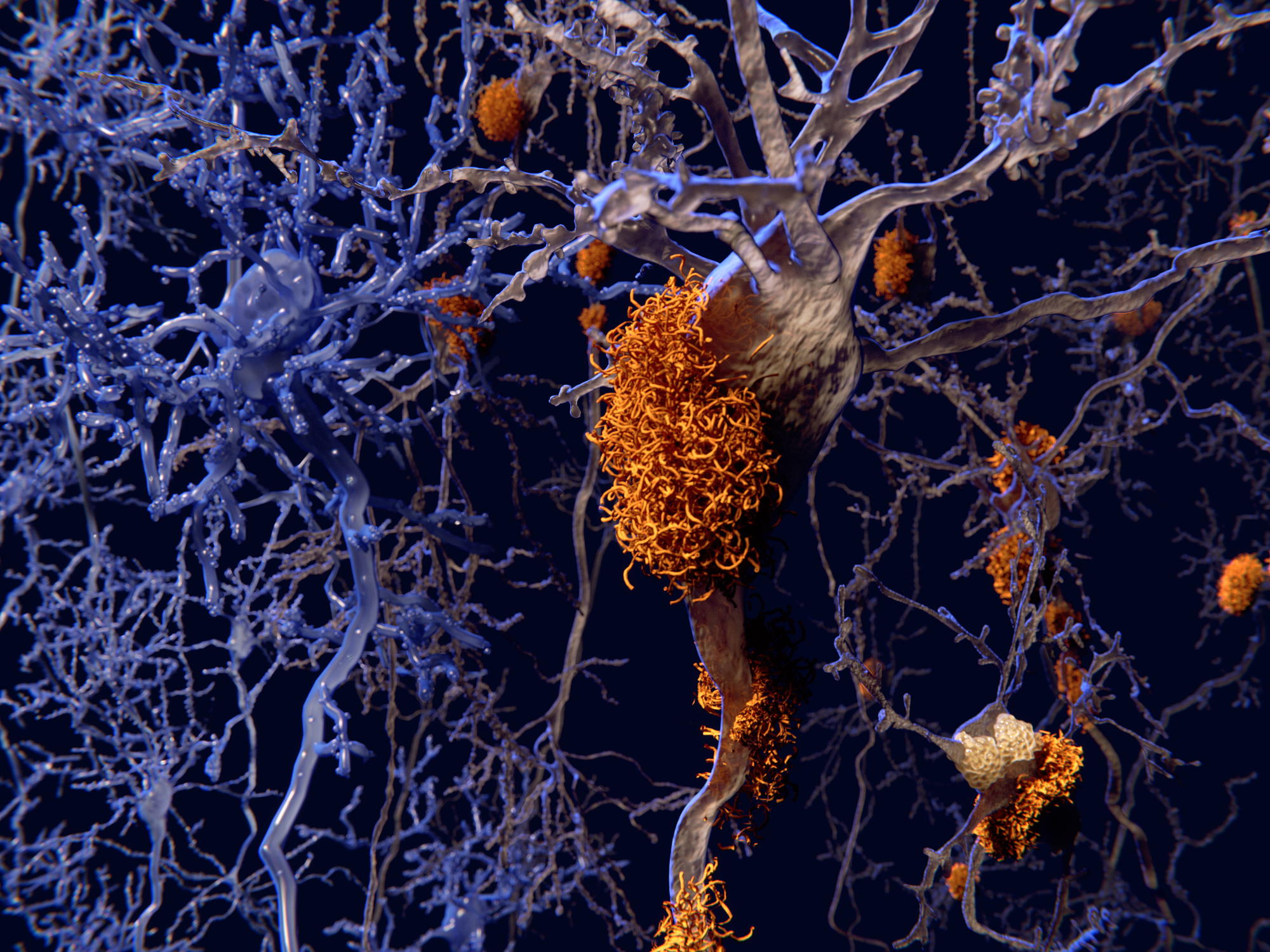

Doctors and researchers have long known that some sort of link exists between diabetes and Alzheimer’s disease.
Yet, while they could see that the two went hand-in-hand for so many patients, they never actually understood why.
In fact, even the famed Mayo Clinic reported, “Those connections aren’t yet fully understood.”
Until now…
Thanks to brand new research from a team of scientists at the University of Eastern Finland the link between diabetes and Alzheimer’s has finally been discovered — and with it what you can do to lower your risk of the memory- and independence-stealing disease.
Fats and sugars and the neuritic plaques in your brain
The new study used transgenic mice to model what happens in Alzheimer’s disease (AD) when diabetes sets in. These AD mice were put on a six-month regimen to simulate a typical Western diet.
Yup, you got it…
They ate diets loaded with fats and sugars, like the fast food, convenience diet that’s all too easy to turn to here in the US.
And you got it again — the mice developed diabetes.
But that’s not really what we’re worried about here, since that was the goal and the scientists already knew that diabetes would follow once a Western diet was begun.
What we’re worried about here is what happened next…
To determine that, the researchers not only put the mice through behavioral analysis (which showed that eating a sugar- and fat-rich diet impaired both learning and memory), they also took brain samples to see exactly what was happening around the amyloid plaques that kick off Alzheimer’s.
The scientists saw that diabetes resulted in a weakened response of microglial cells (protective immune cells) to those plaques, changed the signaling pathways in the brain, and resulting in dystrophic or damaged neurites, leading to neuritic plaques.
Neurites are necessary for brain plasticity, learning and memory. And those neuritic plaques? Well, those are also called “senile plaques” for good reason since they’re the most commonly seen pathological changes found in people with pre-senile and senile dementia.
According to the researchers, the findings provide valuable new insight into the cellular mechanisms by which type 2 diabetes contributes to the risk and development of AD.
Manage blood sugar to reduce Alzheimer’s risk
Though the first part of this research was done with mice, scientists were able to make a comparable assessment in humans. Human cortical samples showed changes that were similar to those observed in mice: in normal pressure hydrocephalus patients with type 2 diabetes, the number of microglia around amyloid plaques was lower than in non-diabetic patients.
This is a strong indication that by simply managing your blood sugar to combat diabetes, you could greatly decrease risks for Alzheimer’s and dementia at the same time.
Easy ways to improve your blood sugar each day include:
#1 – Get more exercise
Regular physical activity can reduce your blood sugar and even lower your overall diabetes risks by helping you to lose weight and boost your insulin sensitivity.
#2 – Eat more fiber
Adding more fiber to your diet can not only help you feel full faster so that you can lose weight, it can also improve your blood sugar control.
#3 – Add whole grains
Whole grains are known for their ability to help maintain healthy blood sugar levels and reduce diabetes risk.
#4 – Lose the extra weight
According to the Mayo Clinic, research has shown that losing as little as seven percent of your body weight could reduce your diabetes risk by almost 60 percent.
#5 – Go Mediterranean
The Mediterranean diet was voted best diet overall and the best diet for diabetes by U.S. News & World Report in 2019. Infact, in recent research, the diet appears to have the power to prevent the buildup of those amyloid and tau proteins.
So say goodbye to the fast-food lifestyle of the Western diet and go Mediterranean. This means including plenty of fish, olive oil and other healthy fats, as well as beans, legumes and fresh fruits and veggies in your daily diet.
Now that we know how diabetes drives Alzheimer’s, we’re also armed with information that can help us prevent the disease in the first place. Use the tips above to drive better blood sugar to prevent your diabetes from driving dementia.
Sources:
Diabetes increases neuritic damage around amyloid plaques in Alzheimer’s disease – EurekAlert!
Neuritic Plaques – Science Direct
Neurites & Synapses – GeneTex
Diabetes and Alzheimer’s linked – Mayo Clinic
Diabetes prevention: 5 tips for taking control – Mayo Clinic
Mediterranean Diet Meal Plan for Diabetes – Eating Well
